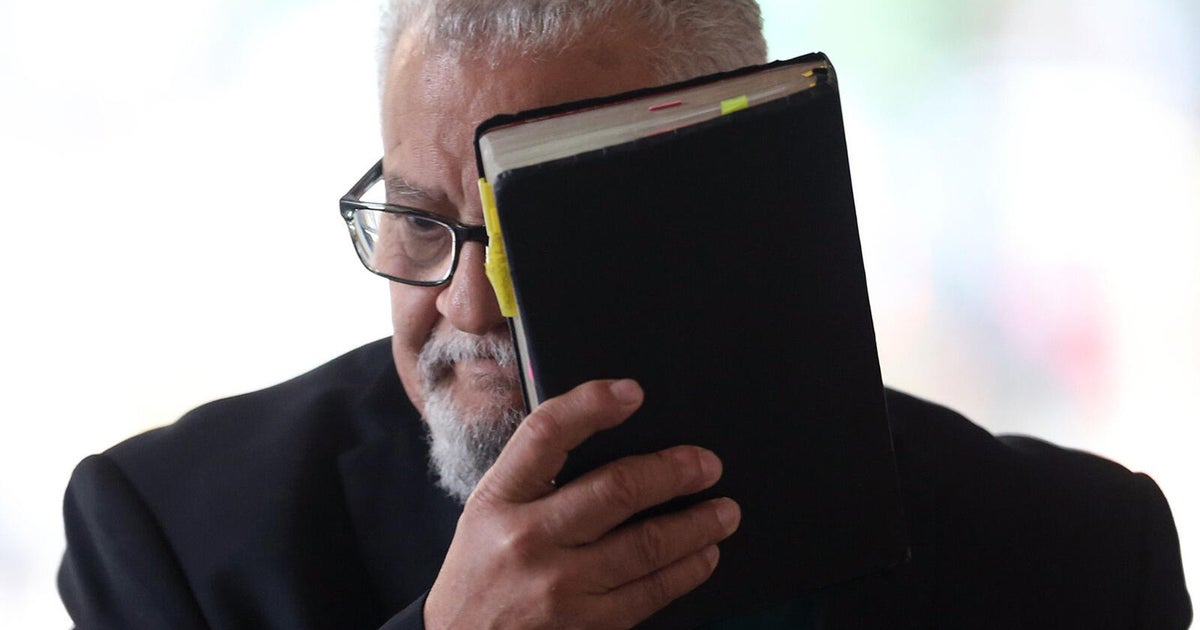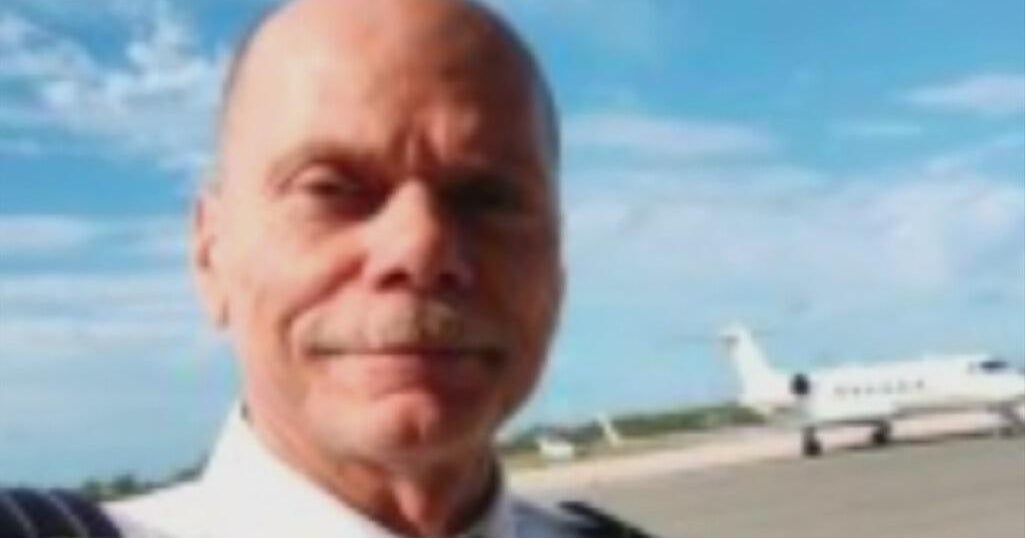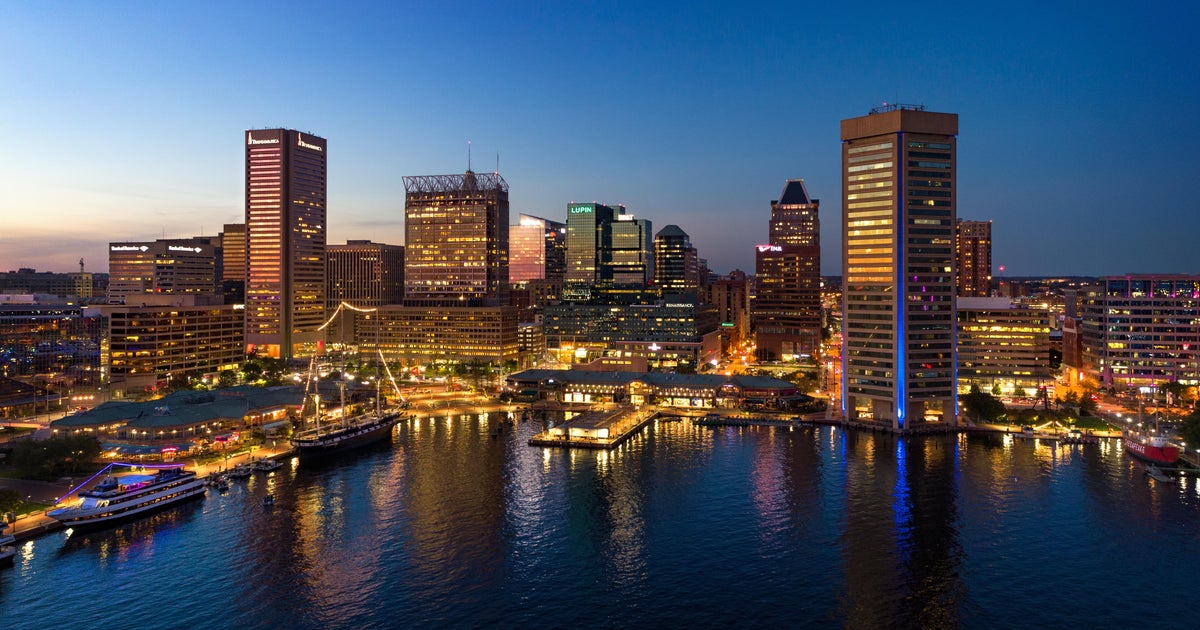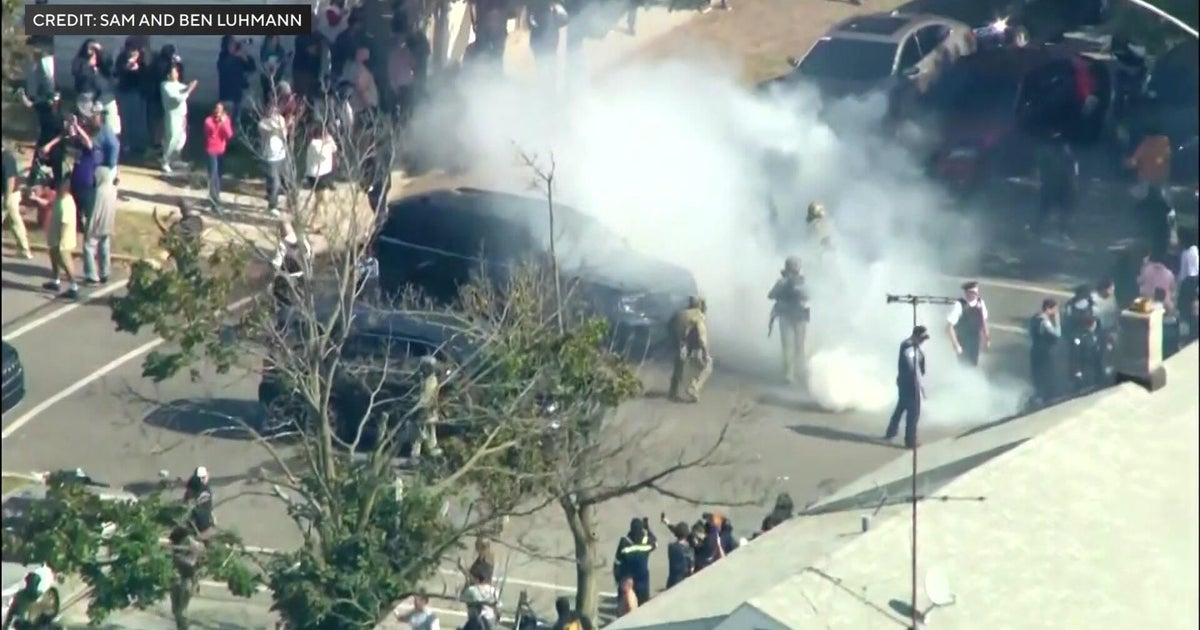Chicago uses $95 million in COVID-19 pandemic aid to staff migrant shelters
CHICAGO (CBS) – The City of Chicago spent more than it planned to care for asylum seekers and had to dip into federal COVID-19 funds. With just a few days left in the year, Mayor Brandon Johnson also said the city is running out of room to house people.
CBS 2's Sabrina Franza had the latest on Chicago's response to the migrant crisis.
Chicago had to take $95 million in federal pandemic aid funds via the American Rescue Plan, sources said, to help cover staffing at migrant shelters.
Johnson's office wanted to repurpose the pandemic relief money without putting it to the City Council for a vote.
"We have infrastructure in our local communities that are not designed to carry such a burden," Johnson said this week.
He and other mayors asked the federal government to help their response to a crisis that he said is costing Chicago around $40 million a month.
"Local municipalities are not structured to be able to carry the weight of a crisis like this," Johnson said.
With just days left until the new year, the Johnson administration told CBS 2 the city took in more tax dollars than they were expecting in 2023. That allowed them to use $95 million of pandemic relief funds for day-to-day government operations to cover migrant expenses instead.
Sources told CBS 2 most of the COVID money went to Favorite Healthcare Staffing, the Kansas-based firm tasked with caring for migrants at city-run shelters.
Next year's city budget only allocated $150 million to assist migrants.
"The international crisis that we are experiencing right now is being subsidized by local economies," Johnson said. "That is not sustainable."
For the first time, the mayor said that Chicago is running out of space.
"Families that are, you know, they're living or staying in buses right now," said Pastor John Zayas, the senior pastor at Grace and Peace Church. "That's been difficult to hear."
Zayas' church is one of 10 churches working with the Johnson administration to help house and place migrants. His church is caring for 245 asylum seekers, with the goal of helping 375.
"We understand ...what's creating this bottleneck, the lack of work permits," Zayas said. "If the federal government doesn't move fast enough, it's too slow, for what's happening here and folks are finding themselves on the street because government's not responding."
Sources told CBS 2 the mayor's office was considering consolidating shelters or even closing them in the new year. When asked about their plans, the mayor's office said there were no plans to close any shelters.







